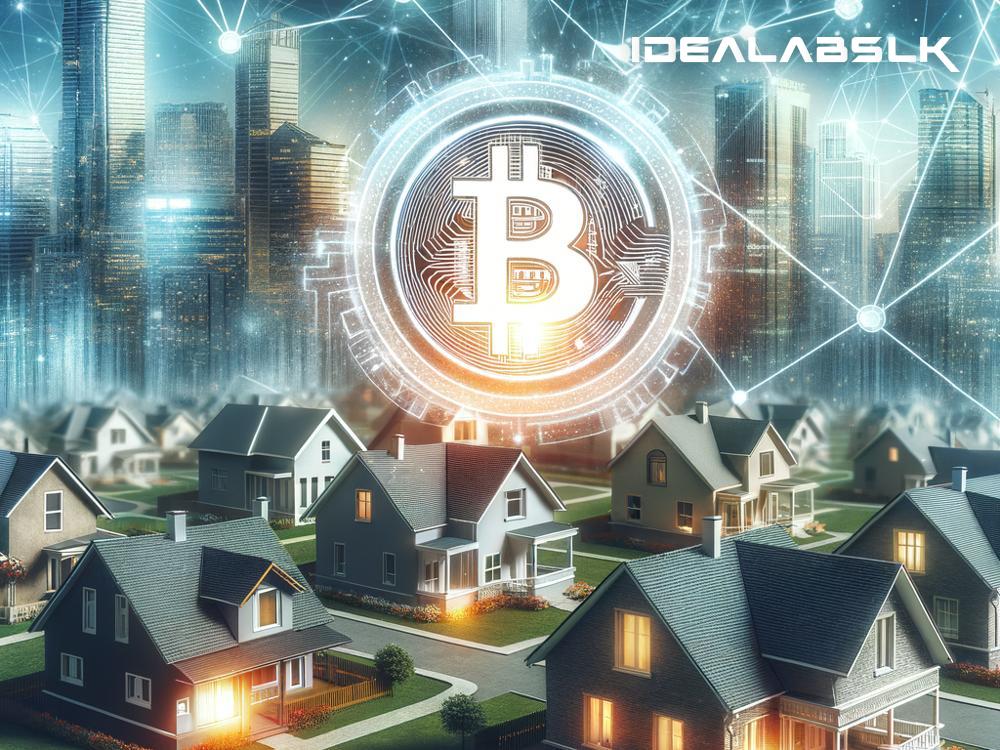How Blockchain is Revolutionizing Real Estate Property Transfers
The world of real estate has long been characterized by its sluggishness, heaps of paperwork, and an overall lack of transparency. Anyone who's bought or sold property knows it’s no small ordeal. Transactions can take months to close, with fees piling up all the way to the end. However, a groundbreaking technology is promising to transform this age-old industry - Blockchain.
In simple terms, blockchain is a digital ledger that securely records transactions across multiple computers. This means that once information is entered, it's extremely difficult to alter. Initially famed for powering cryptocurrencies like Bitcoin, blockchain technology is now making waves in real estate for several compelling reasons.
1. Accelerating Property Transfers
Blockchain is streamlining the real estate transaction process, potentially turning what used to take months into a matter of days or even hours. By digitizing property titles and transaction history, blockchain allows all parties to access real-time updates. Imagine being able to transfer property ownership as easily as sending an email - that's the kind of efficiency blockchain brings to the table.
2. Reducing Fraud
The immutability of blockchain - its resistance to being altered - makes it a formidable opponent against fraud. In traditional real estate transactions, the risk of encountering fraudulent title documents or ownership disputes is a constant worry. Blockchain's transparent nature means that every change or transaction related to a property is recorded on a ledger that's both permanent and verifiable by all parties. This virtually eliminates the possibility of forged documents or false ownership claims.
3. Cutting Down Costs
A significant portion of real estate transaction costs comes from intermediaries including lawyers, brokers, and banks. While their roles are crucial under the current system, blockchain's automation and transparency could streamline these processes, reducing or even eliminating the need for middlemen. This doesn't just speed up transactions; it also drastically reduces associated costs, making real estate investments more accessible to a broader audience.
4. Enhancing Transparency
One of the most touted benefits of blockchain is its ability to foster transparency. Every transaction on a blockchain is recorded in a way that's openly verifiable but secure from tampering. For real estate, this means all stakeholders can have unprecedented access to property histories, valuations, and ownership details. Buyers can conduct due diligence with a higher degree of confidence, while sellers can authenticate their property's value and history, leading to fairer pricing and smoother transactions.
5. Tokenization of Real Estate Assets
Blockchain introduces the concept of "tokenization" - turning real estate, or parts of it, into digital tokens that can be bought and sold. This is revolutionary because it democratizes real estate investment. Previously, buying real estate was a colossal commitment, often requiring substantial capital upfront. Through tokenization, investors can own fractions of properties, making real estate investment more accessible and liquid. It's much like owning shares of a company but in the context of physical property.
6. Streamlining Lease and Rental Agreements
Beyond buying and selling, blockchain is set to overhaul how leases and rental agreements are managed. Smart contracts — self-executing contracts with the terms directly written into code — can automate the enforcement of lease agreements, trigger rent payments, and manage security deposits, all without human intervention. This not only reduces administrative burdens but also ensures that both parties adhere strictly to terms, with the blockchain ledger acting as an unbiased enforcer.
7. Geographical Boundaries Fade
With its global nature, blockchain renders geographical boundaries less significant. Potential investors from any part of the world can view property details online, conduct transactions, and even become property owners without being physically present. This opens up international investment opportunities, diversifying portfolios, and spreading risk more effectively.
Conclusion
Blockchain technology is poised to revolutionize the real estate sector in ways we're just beginning to comprehend. By making transactions faster, more secure, and less costly, blockchain could address many of the industry's age-old inefficiencies and pain points. As exciting as these developments are, it's vital to proceed with cautious optimism. Regulatory challenges and the need for widespread adoption remain substantial hurdles. Nonetheless, the potential of blockchain in transforming real estate transactions is both vast and promising.
As we venture into this brave new world of blockchain-enabled real estate, one thing is clear: the landscape of property ownership, investment, and management is set to change dramatically. The promise of a smoother, more transparent, and inclusive real estate market is on the horizon, heralding a new era of property transfers that could redefine the very foundations of real estate transactions.

